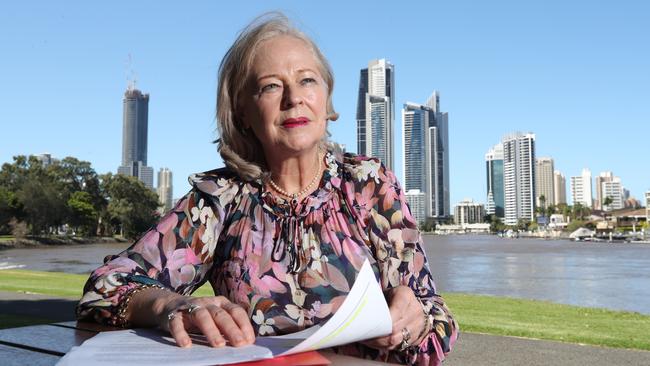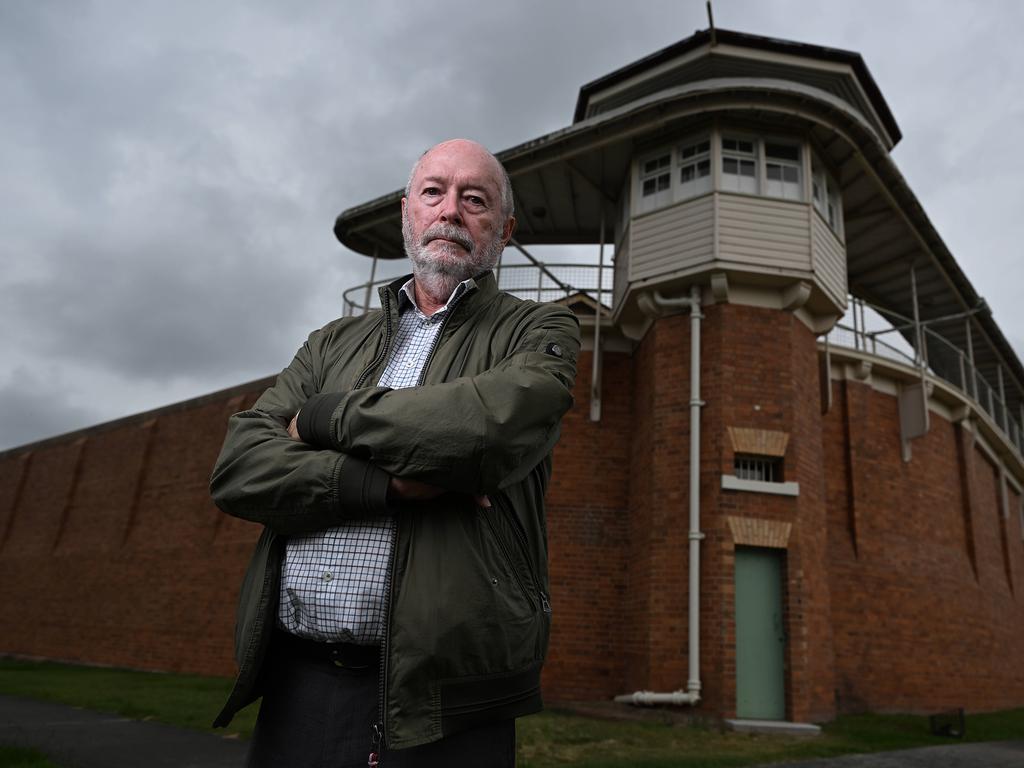Tougher Queensland crime laws ‘make kid crisis worse’, says retired judge
The retired judge tasked with overhauling Queensland’s sexual and domestic violence laws wants the government to halt its youth crime legislation.

The retired judge tasked with overhauling Queensland’s sexual and domestic violence laws has called on the Palaszczuk government to halt the introduction of its youth crime legislation, saying it will make the state’s juvenile justice crisis worse.
Queensland’s youth justice system is at breaking point, with some children being locked in solitary confinement for almost 24 hours a day because of staff shortages and others detained in adult watch-houses for weeks at a time because of prison bed shortages.
Labor will introduce tougher laws to state parliament this month, including increased penalties for car thieves, triggered by the alleged Boxing Day murder of Brisbane mother Emma Lovell during a home invasion.
Margaret McMurdo, who oversaw Victoria’s Lawyer X royal commission and was picked by Annastacia Palaszczuk to lead an inquiry into women’s experiences in the justice system, said the government’s proposed laws would push more children into prison. “I would think that they can only make the current situation worse,” she said.
“Whatever your politics are, it’s just a no-brainer. It’s a terrible waste of public money to be locking kids up and then having them reoffend and then moving them into the adult criminal justice system. It is crazy. It doesn’t work.”
A former Court of Appeal president, Ms McMurdo said she understood community anger and desire for tougher punishments after high-profile youth crimes. “It’s completely understandable that you would be mad at these kids, but you’ve got to look at it in an objective way to see what is the best thing that governments can do to solve this problem,” she said. “One thing we have learned, or we should have learned, is that locking kids up is not going to stop crime.”
Ms McMurdo said Queensland incarcerated more children than any other Australian jurisdiction, with the youth prison population increasing by 27.3 per cent in the past seven years.
“So something is critically wrong, and what is critically wrong is that we haven’t been doing the early investment with these kids to work out why they are exhibiting anti-social behaviour and why they are committing offences,” she said. “The circle just continues and it just gets worse.
“We know when children are placed in detention and then released, most reoffend. So we know that’s not working in terms of keeping the community safe.”
Ms McMurdo is a patron of the Justice Reform Initiative, which is lobbying all Australian governments for better intervention to address underlying causes of crime such as family violence, substance abuse and mental health issues.
The group of more than 120 eminent Australians, including former judges, governors-general, prosecutors and youth justice experts, has called on the Palaszczuk government to pause introduction of youth crime legislation and consult more broadly.
“I think some states are ahead of us,” Ms McMurdo said. “NSW and Victoria have whole of government strategies for offenders with a systemic justice reinvestment approach, and are doing better. That’s what we’ve got to work towards doing here, in a non-partisan way.”
On Monday, 88 children were held in police watch houses and since the start of the year, 25 young people have been detained in the facilities for longer than three weeks.
The Queensland Police Service operation manual says children should not be held in a watch house overnight, but this standard is being increasingly breached because of bed shortages in youth detention. Figures obtained by The Australian revealed 295 of the state’s 306 detention centre beds were taken on Monday.
A police spokesman said the number of young people remanded by the courts has increased in the past year.








To join the conversation, please log in. Don't have an account? Register
Join the conversation, you are commenting as Logout